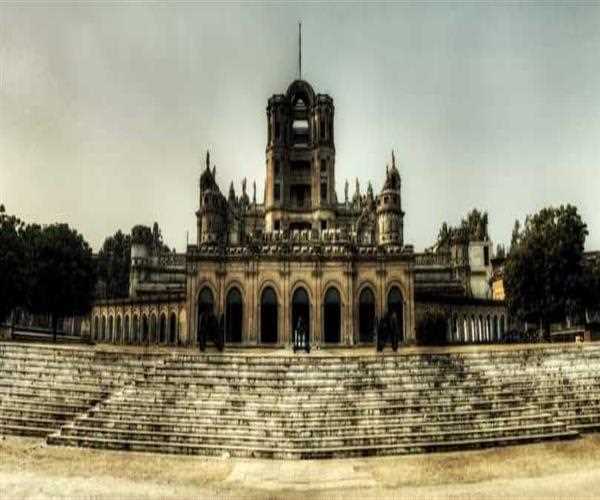
The Oudh State was a regal state in the Awadh area of North India until 1858. Oudh, the now out of date yet once the official English-dialect name of the state, additionally composed generally as Oude, got from the name of Ayodhya.
The capital of Oudh State was in Faizabad, however, the British Agents, formally known as "inhabitants", had their seat in Lucknow. The Nawab of Oudh, one of the wealthiest sovereigns, paid for and raised a Residency in Lucknow as a piece of a more extensive program of community upgrades.
Oudh joined other Indian states in a change against British lead in 1858 amid one of the last arrangement of activities in the Indian insubordination of 1857. Throughout this uprising separations of the British Indian Army from the Bombay Presidency conquered the divided accumulation of Indian states in a solitary fast battle. Decided radicals kept on pursuing sporadic guerrilla conflicts until the spring of 1859. This resistance is additionally generally known as the Oudh battle.
After the British addition of Oudh by the Doctrine of Lapse, the North-Western Provinces turned into the North-Western Provinces and Oudh.
Foundation of the State of Oudh
In 1732, under ostensible Mughal sway, a senior authority of the Mughal Empire, Saadat Khan, set up an inherited nation in Oudh, later upgrading his situation by participating with Nader Shah amid his intrusion of India. As local authorities declared their self-rule in Bengal and the Deccan and additionally with the ascent of the Maratha Empire, the leaders of Oudh bit by bit confirmed their own particular way. Safdar Jang ventured to control the leader of Delhi, putting Ahmad Shah Bahadur on the Mughal royal position with the participation of other Mughal respectability.
Since Oudh was situated in a prosperous area, the British East India Company soon paid heed to the luxuriousness in which the Nawabs of Oudh lived. English strength was built up at the Battle of Buxar of 1764 when the East India Company vanquished the cooperation between the Nawab of Oudh Shuja-Ud-Daula and the removed nawab of Bengal Mir Kasim. The outcome would be immediate British obstruction in the interior state matters of Oudh, valuable as a cradle state. Hastings even helped Oudh militarily against the revolting Rohilla.
The kingdom turned into a British protectorate in May 1816 (However, the state was an informal British protectorate since 1764). After three years, in 1819, the leader of Oudh took the style of Badshah (lord), flagging formal freedom under the counsel of the Marquis of Hastings.
All through the mid-1800s until extension, a few zones were bitten by bit surrendered to the British.
English edition
On 7 February 1856 by request of Lord Dalhousie, General of the East India Company, the ruler of Oudh was removed, and its kingdom was attached to British India under the terms of the Doctrine of a slip by on the grounds of charged inner mismanagement.
Between 5 July 1857 and 3 March 1858 there was a change by the child of the ousted lord joining the Indian Rebellion of 1857. At the season of the defiance, the British lost control of the domain; they restored their run throughout the following eighteen months, amid which time there were slaughters, for example, those that had happened over the span of the Siege of Cawnpore.
Cheers!